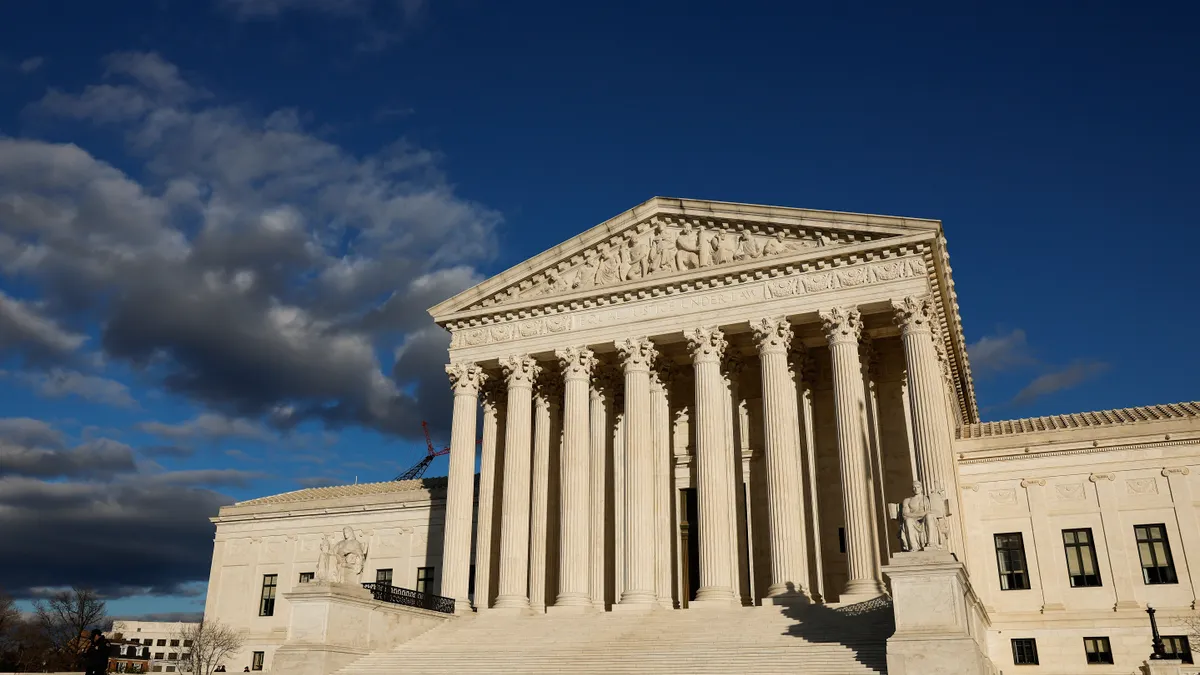Dive Brief:
- The Obama administration is setting a goal of placing more highly-effective teachers in classrooms nationwide, specifically those with predominantly minority students.
- Under an initiative announced Monday, the U.S. Department of Education is asking states to develop plans to make sure all students have access to high-quality teachers, and $4.2 million will be split among various states to help make these plans a reality.
- The fact that black and Native American students are four times more likely than their white counterparts to attend schools where over 20% of teachers are in their first year is a major sticking point for the department.
Dive Insight:
"When a school or a school district or a set of schools in a disadvantaged community has disproportionate numbers of inexperienced teachers, that is not a good thing," U.S. Education Secretary Arne Duncan told the Associated Press.
It's clear part of this initiative was sparked by sentiments that came up during the California trial over teacher tenure. During the trial, it was alleged that minority students suffer because of poor and ineffective teachers. It looks as though the White House is trying to take action based on these claims. What is interesting is the fact that 'inexperienced' teachers are the problem in this discussion and not 'over-experienced, tenured' teachers. While the arguments that ineffective teachers plague minority students may be in line with the Vergara case, the reasoning is quite different from many of the case's advocates.
For example, Michelle Rhee's argument that new teachers, who may be really effective, could unfairly be the first to go under California's old laws. Since many of the Vergara advocates are also Teach for America advocates, it's interesting to see the White House switch its language and instead highlight the potential for new teachers to be ineffective. Ultimately, what this flipping of blame indicates is that both sides of the argument have some truths and some non-truths: We can't just pigeon-hole teachers into groups or assume we know if they are good or bad based on how long they have been teaching.
What this new initiative will result in will be interesting. Currently, the plan sounds a bit like Race to the Top, with money being divvied up among states with approved plans. What makes it different from RTTT is that there is currently no rubric to set expectations of what the "effective teacher" plans should include, but perhaps those are to come.












